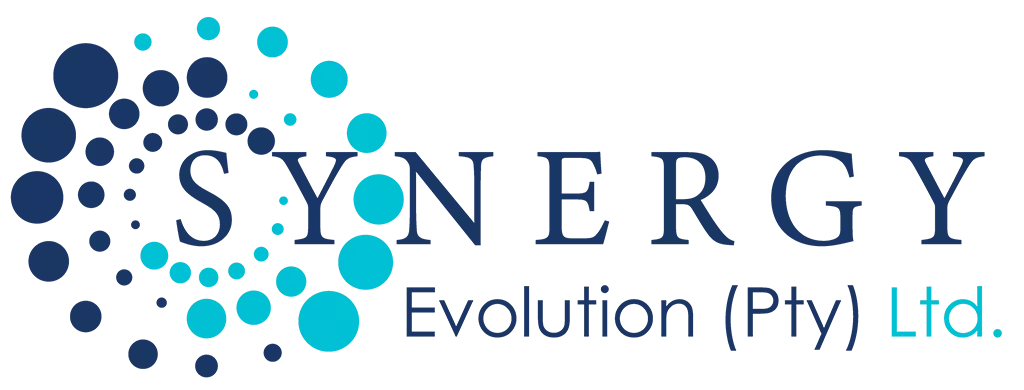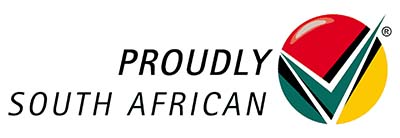Welcome to Synergy Evolution’s guide on continuous compliance monitoring, an essential aspect of asset management in South Africa.
Compliance monitoring refers to the ongoing process of ensuring adherence to regulatory requirements and internal policies.
In this blog post, we’ll delve into the significance of continuous monitoring, its role within South Africa’s regulatory framework, and how asset managers can effectively implement it to mitigate risks and foster trust.
Regulatory Landscape in South Africa
In South Africa, financial regulations play a crucial role in maintaining transparency and accountability within the asset management industry.
Entities such as the Financial Sector Conduct Authority (FSCA) oversee compliance with regulations like the Collective Investment Schemes Control Act and the Financial Advisory and Intermediary Services Act.
Understanding these regulations is paramount for asset managers to operate ethically and legally.
Benefits of Continuous Compliance Monitoring
Continuous compliance monitoring offers several advantages for asset management firms, boosting efficiency, mitigating risk, and safeguarding assets:
- Reduced Risk and Fines: By constantly monitoring adherence to regulations and internal policies, asset managers can proactively identify and address any potential breaches. This helps prevent costly fines and legal penalties that can arise from non-compliance.
- Enhanced Security: Continuous monitoring acts as a vigilant eye, spotting vulnerabilities in asset management processes. This allows for prompt corrective actions to be taken, safeguarding client assets and preventing fraud or misuse.
- Improved Reputation: Demonstrating a commitment to continuous compliance fosters trust with investors and clients. It assures them that their assets are being managed responsibly and according to regulations.
- Boosted Efficiency: Automated monitoring tools can streamline the compliance process, freeing up staff time previously dedicated to manual checks. This allows them to focus on more strategic tasks.
- Competitive Advantage: In an increasingly regulated industry, a strong compliance posture can be a differentiator. Asset managers can leverage their commitment to continuous monitoring to attract and retain clients.
- Better Audits: Continuous monitoring provides a clear and up-to-date record of compliance activities. This simplifies the audit process and reduces the burden of evidence gathering for both internal and external audits.
Technology in Compliance Monitoring
Technology is fundamentally changing how asset managers approach compliance monitoring. Here’s a glimpse into some key tech trends:
- Automation: Repetitive tasks like data analysis and report generation can be automated using software solutions. This frees up compliance staff to focus on higher-level analysis and investigations.
- Data Analytics and AI: Advanced analytics tools can sift through vast amounts of data to identify patterns and anomalies that might indicate potential compliance risks. Machine learning algorithms can even predict future issues and suggest preventative measures.
- Cloud Computing: Cloud-based solutions offer secure and scalable storage for compliance data. They also enable real-time access for authorized personnel, facilitating collaboration and faster decision-making.
- Regulatory Technology (RegTech): RegTech is a rapidly growing field offering specialized software and tools designed to streamline compliance processes. These tools can help with tasks like KYC (Know Your Customer) checks, transaction monitoring, and regulatory reporting.
- Blockchain: Blockchain technology offers a tamper-proof and transparent way to record transactions and store compliance data. This can enhance audit trails and improve data security.
- Training and Education Technology: Technology can be leveraged to deliver engaging and effective compliance training for employees. Micro-learning modules, simulations, and gamified learning experiences can improve knowledge retention and ensure all staff are up-to-date on relevant regulations.
Challenges in Compliance Monitoring in South Africa
South Africa faces some unique challenges when it comes to effective compliance monitoring in asset management. Here are some of the key hurdles:
- Resource Constraints: Government agencies responsible for enforcement may be understaffed or lack the necessary resources to conduct thorough compliance checks. This can create a situation where some breaches go unnoticed.
- Skilled Workforce Gap: The asset management industry might face a shortage of personnel with the specialized skills and knowledge required for in-depth compliance monitoring. This can make it difficult to keep up with the evolving regulatory landscape.
- Fragmented Regulatory Environment: South Africa has a complex web of regulations from various bodies. This can be confusing for asset managers to navigate and increases the risk of inadvertent non-compliance.
- Cybersecurity Threats: South Africa has seen an increase in cybercrime, which poses a significant risk to asset managers. Robust cybersecurity measures are essential to protect sensitive client data and ensure compliance with data privacy regulations.
- Legacy IT Systems: Some asset management firms might rely on outdated IT infrastructure that can hinder efficient data collection and analysis, making real-time compliance monitoring difficult.
- Corruption: Corruption remains a challenge in South Africa, and it can erode trust in the enforcement of compliance regulations.
Best Practices for Continuous Compliance Monitoring
Here are some best practices for implementing continuous compliance monitoring in asset management:
- Understand Your Regulatory Landscape: First and foremost, thoroughly comprehend the regulations and internal policies that govern your asset management operations. This includes national regulations, industry standards, and any self-imposed policies your firm adheres to.
- Identify Critical Assets and Risks: Pinpoint the most valuable assets you manage and the potential compliance risks associated with each. This risk assessment will guide your monitoring efforts and ensure you focus on the most critical areas.
- Develop a Compliance Monitoring Plan: Create a documented plan outlining your monitoring procedures, including the controls you’ll implement, the data you’ll collect, the frequency of monitoring, and the reporting process.
- Leverage Technology: Invest in automation tools, data analytics software, and cloud-based solutions to streamline data collection, analysis, and reporting. Utilize RegTech tools designed for KYC checks, transaction monitoring, and regulatory reporting.
- Automate Repetitive Tasks: Free up your compliance team’s time by automating repetitive tasks like data entry, report generation, and basic anomaly detection. This allows them to focus on higher-level analysis and investigations.
- Maintain Accurate and Complete Records: Ensure all compliance-related data is meticulously documented and easily accessible. This includes policies, procedures, training records, and audit reports.
- Regularly Review and Update Policies: The regulatory landscape constantly evolves. Regularly review your internal policies and procedures to ensure they remain aligned with current regulations and best practices.
- Invest in Employee Training: Provide ongoing training to your staff on relevant compliance regulations, internal policies, and best practices. Utilize technology-based training methods for improved engagement and knowledge retention.
Conclusion
Continuous compliance monitoring is a cornerstone of responsible asset management in South Africa.
By embracing a proactive approach and leveraging technology and best practices, asset managers can navigate regulatory complexities with confidence.
At Synergy Evolution, we are committed to helping our clients stay compliant and thrive in today’s dynamic regulatory landscape. Together, let’s evolve and succeed.








